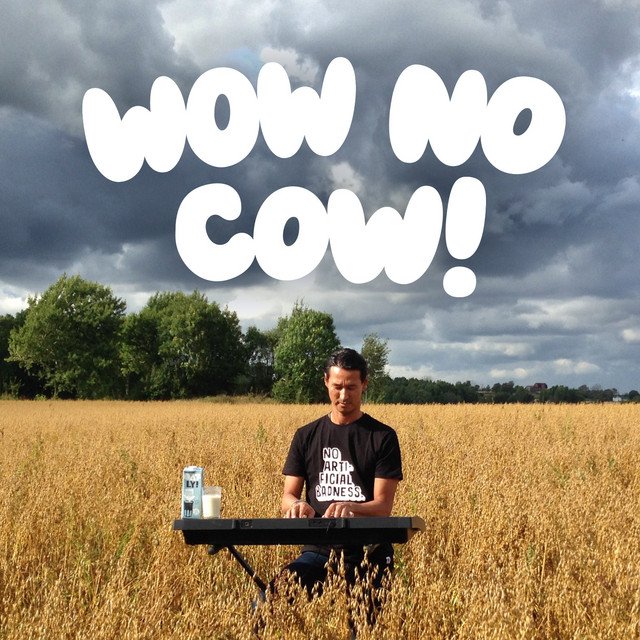Is Oatly Vegan in China?
Mid-Autumn Festival is around the corner, and that means it’s mooncake season! Oatly, who is known for its aggressive marketing in China, has come out with its own set of mooncakes as well as two other collaborations with T-mall and Hema Fresh Supermarket. The first two are 100% plant-based, as we have come to expect from our favourite oat milk brand. But wait… checking the ingredient list of the Hema set… what’s this? Whole milk powder, cream, egg, and processed cheese?!
Translation of animal ingredients:
1. 全脂乳粉:Whole milk powder 2. 全蛋液:Whole egg liquid 3. 奶油:cream 4. 再制干酪:processed cheese
5. 致敏原:乳,蛋类成分产品类型 Allergens: milk, egg ingredients
Um, what happened to “Oh wow! No cow?”
Source: Oatly on Spotify
This wouldn’t be the first time that a plant-based brand in China has created non-vegan products. Beyond Meat’s line of sandwiches at Starbucks and the Z-rou lasagne which both use regular cheese, are just a couple of examples that spring to mind. However, I was particularly surprised that Oatly would put its name on a product that contains the very ingredient it aims to replace: cow milk. I decided to do a little digging on their website…
Source: Oatly.com/en-cn/randomanswers
Oatly products are supposed to be vegan according to their website FAQ. Of course, this left me more confused. I wrote to the Oatly China representatives via Wechat, but their response was short, and not very helpful. When I asked about the 100% plant-based guarantee on their website, they went silent.
After the last “Darling, wait a minute” I never got a response.
So it was time to bring it to the global team…
Oatly’s representative, Asa, quickly responded on their public forum:
You can see the entire conversation here (and leave a comment if you’d like), but let me sum up Oatly’s response:
All products originating from Oatly factories are guaranteed 100% suitable for vegans and contain no animal products.
Oatly does not guarantee products made in collaboration with other brands be 100% vegan.
This statement was honestly a bit shocking for me. The Oatly brand is known to be very vocal about its plant-based mission, using slogans like “Ditch Milk,” “Oh wow, no cow!” and “It’s like milk but made for humans.” It would only be logical to assume that Oatly products are, if not vegan, at least dairy-free. Perhaps Oatly has a different strategy in China?
Despite milk not being a common ingredient in Chinese cuisine, dairy consumption and demand are increasing rapidly in China. However, over 90% of Chinese are lactose intolerant, so it would make sense for Oatly to capitalize on these trends by providing dairy-free alternatives which would be kinder to local tummies.
While I encourage Oatly to continue to partner with non-vegan companies, I hope this doesn’t come at the cost of their plant-based mission. By allowing its name to be put on a product that contains dairy, Oatly risks losing credibility and the trust of its existing customer base.
These are my hopes for Oatly as it continues to grow in China:
To continue to be vocal and unapologetic about its mission to “shift consumption of animals to plants in order to help secure the longevity of our planet.”
To be more transparent about the animal-derived ingredients in its partnership products (or better yet, advocate for 100% vegan products).
To not allow other companies to leech off of Oatly’s hard-earned reputation as a leader in sustainable business practices.
Source: ©Oatly
What do you think of Oatly’s statement? Let me know in the comments below, or better yet, let Oatly know on their public forum.











